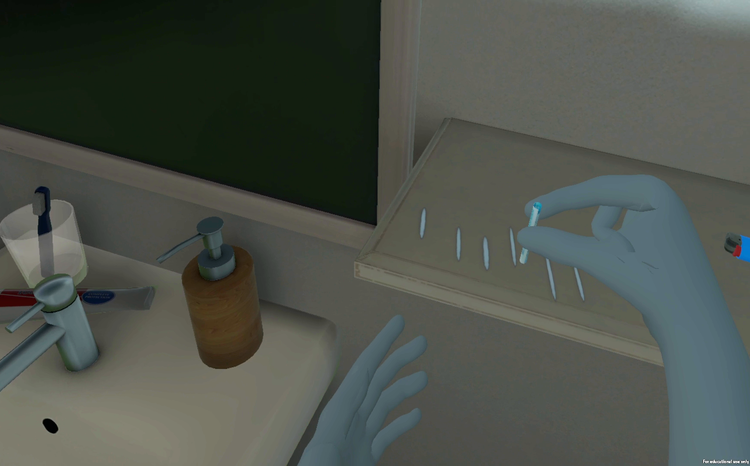The UK government has allocated £12 million to support research projects focused on utilizing technologies such as AI, wearable tech, and virtual reality (VR) to assist individuals struggling with addiction.
Under the Addiction Healthcare Goals program by the Office for Life Sciences, a total of 11 projects from eight organizations have received funding. One of these projects, PneumoWave ALERT, involves a chest-worn sensor that can detect overdoses and send alerts to nearby responders.
Another study aims to combat cocaine addiction triggers by using wearable devices to identify cues that lead to cravings, followed by VR exposure therapy in simulated environments.
Professor Anne Lingford-Hughes, chair of Addiction Healthcare Goals, emphasizes the need for innovative approaches to combat drug addiction and minimize overdose-related deaths.
The projects, selected under the Reducing Drug Deaths Challenge and NIHR i4i Addiction program, include initiatives based in Scotland, where drug mortality rates are alarming.
Notable projects in Scotland involve the University of Edinburgh and NHS Fife’s development of a wristband called “Saving Sam” to monitor vital signs and alert contacts in case of suspected overdoses.
Professor Dame Anna Dominiczak from the Scottish Government highlights the commitment to address drug-related deaths through research and innovation.
Several prototypes funded under the Reducing Drug Deaths Innovation Competition aim to introduce wearable sensors, digital monitoring tools, and advanced antidote delivery systems.
If successful, the technologies being researched could potentially expand to benefit more sites throughout the UK.
Professor Mike Lewis from NIHR stresses the importance of innovative interventions, including AI, to manage addiction effectively and reduce societal impacts.
Minister for public health and prevention, Andrew Gwynne, affirms the government’s dedication to leveraging technology to combat drug addiction and save lives nationwide.






